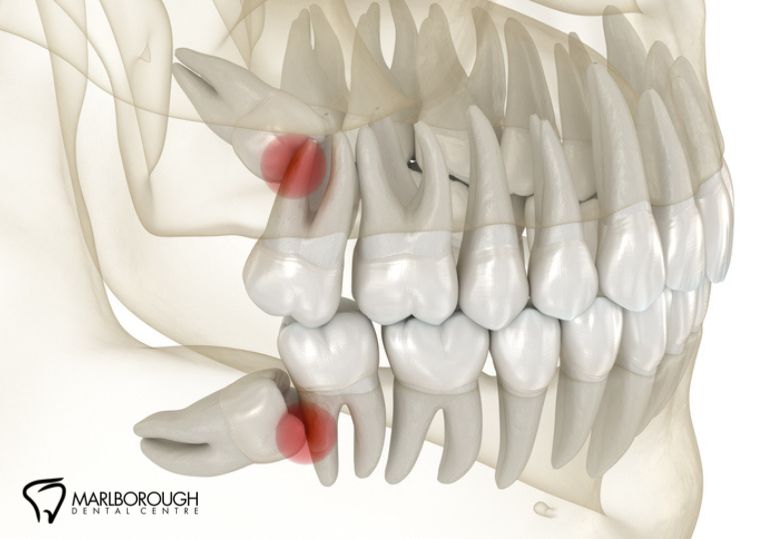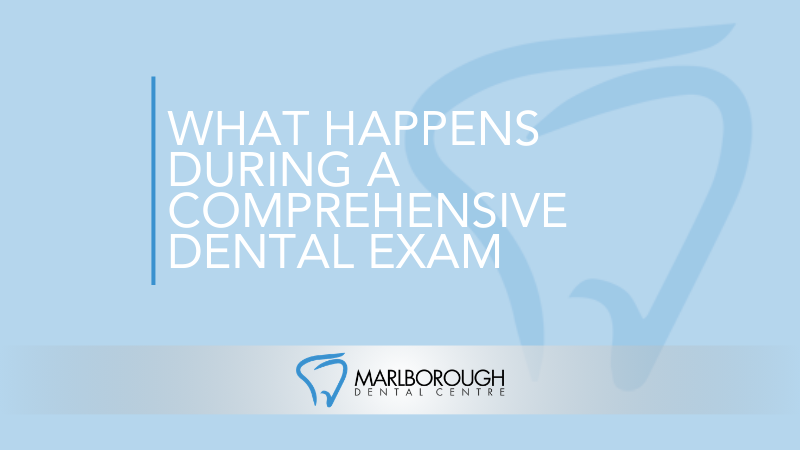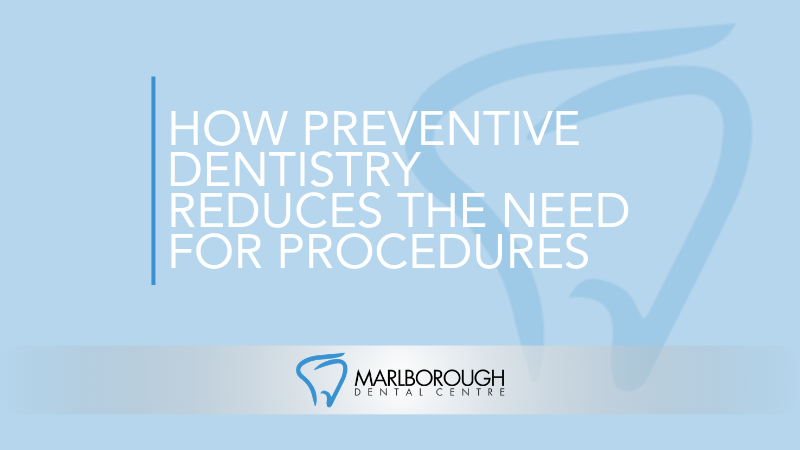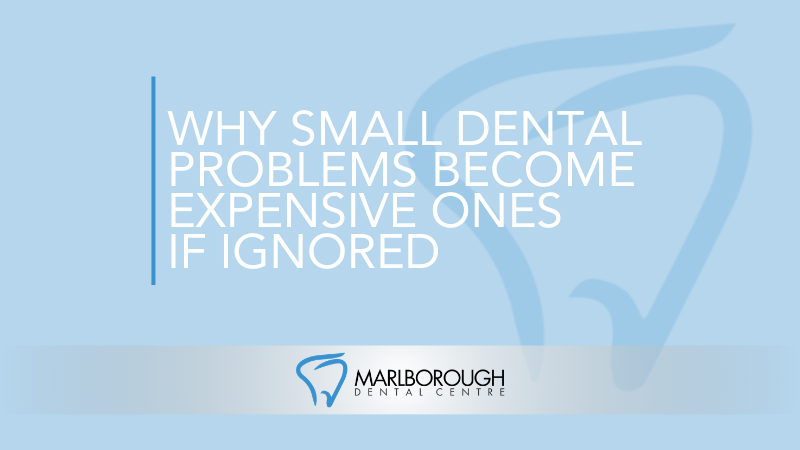Wisdom teeth, also known as third molars, are the last set of molars that typically emerge in late adolescence or early adulthood. While some individuals may have enough space in their jaw to accommodate these additional teeth, many people experience issues with their wisdom teeth. As a result, wisdom teeth removal becomes a common dental procedure. In this article, we will explore the signs and indications that may suggest the need for wisdom teeth removal. Understanding these signs can help individuals make informed decisions about their oral health and prevent potential complications.
Learn to recognize the signs and indications that may necessitate wisdom teeth removal, ensuring proactive dental care and preventing potential oral health complications.
Insufficient Space and Crowding
One of the primary reasons for wisdom teeth removal is insufficient space in the jaw to accommodate these additional molars.
- Impaction: Wisdom teeth may become impacted if they cannot fully emerge due to lack of space. Impacted wisdom teeth can grow at angles, pressing against neighboring teeth, and causing crowding issues.
- Misalignment: Wisdom teeth that grow in at odd angles can disrupt the alignment of adjacent teeth, leading to misalignment issues and potential orthodontic concerns.
- Oral Pain: Insufficient space and crowding may result in oral pain and discomfort, affecting your ability to chew, speak, and perform daily activities comfortably.
Risk of Infection and Gum Problems
Partially erupted wisdom teeth can create pockets between the gum and tooth surface, providing an ideal environment for bacteria to thrive.
- Gum Inflammation: The presence of partially erupted wisdom teeth can lead to gum inflammation and tenderness, a condition known as pericoronitis.
- Increased Risk of Infection: The pockets around partially erupted wisdom teeth can easily trap food particles and bacteria, increasing the risk of infection and the development of dental abscesses.
- Difficulty in Cleaning: Due to their location at the back of the mouth, wisdom teeth can be challenging to clean effectively, making them more susceptible to decay and gum problems.
Cyst Formation and Potential Dental Complications
In some cases, wisdom teeth may develop cysts or tumors, posing potential risks to adjacent teeth and the jawbone.
- Cyst Formation: Wisdom teeth that are impacted or grow at awkward angles can develop cysts around the tooth's crown. These cysts can lead to bone destruction and even damage neighboring teeth.
- Tumor Development: Although rare, wisdom teeth have been associated with the development of tumors, including odontogenic tumors. Early detection and removal can prevent the progression of these conditions.
- Preventive Measures: Wisdom teeth removal can serve as a preventive measure, addressing potential dental complications before they become more severe and require complex treatments.
Determining the need for wisdom teeth removal involves careful evaluation by a qualified dentist or oral surgeon. If you experience symptoms like oral pain, gum inflammation, or if your dentist identifies potential issues with your wisdom teeth during routine check-ups, it is crucial to discuss the possibility of removal. Early intervention can prevent oral health complications and improve overall dental well-being. Remember that not everyone needs wisdom teeth removal, and the decision should be based on your unique oral health circumstances. Trusting the expertise of dental professionals and understanding the signs and indications discussed in this article will empower you to make informed decisions about your wisdom teeth and ensure a healthier and more confident smile.
Written on behalf of Marlborough Dental.
FAQ
Q: What are the signs that indicate the need for wisdom teeth removal?
A: Signs include oral pain, gum inflammation, crowding, impacted teeth, misalignment, and potential risk of infections or cyst formation.
Q: Is wisdom teeth removal a painful procedure?
A: Wisdom teeth removal is typically performed under anesthesia, ensuring minimal discomfort during the procedure. Post-operative pain can be managed with pain medications.
Q: How long does the recovery process take after wisdom teeth removal?
A: The recovery process varies from person to person, but most individuals can expect to resume normal activities within a few days to a week after the procedure.




